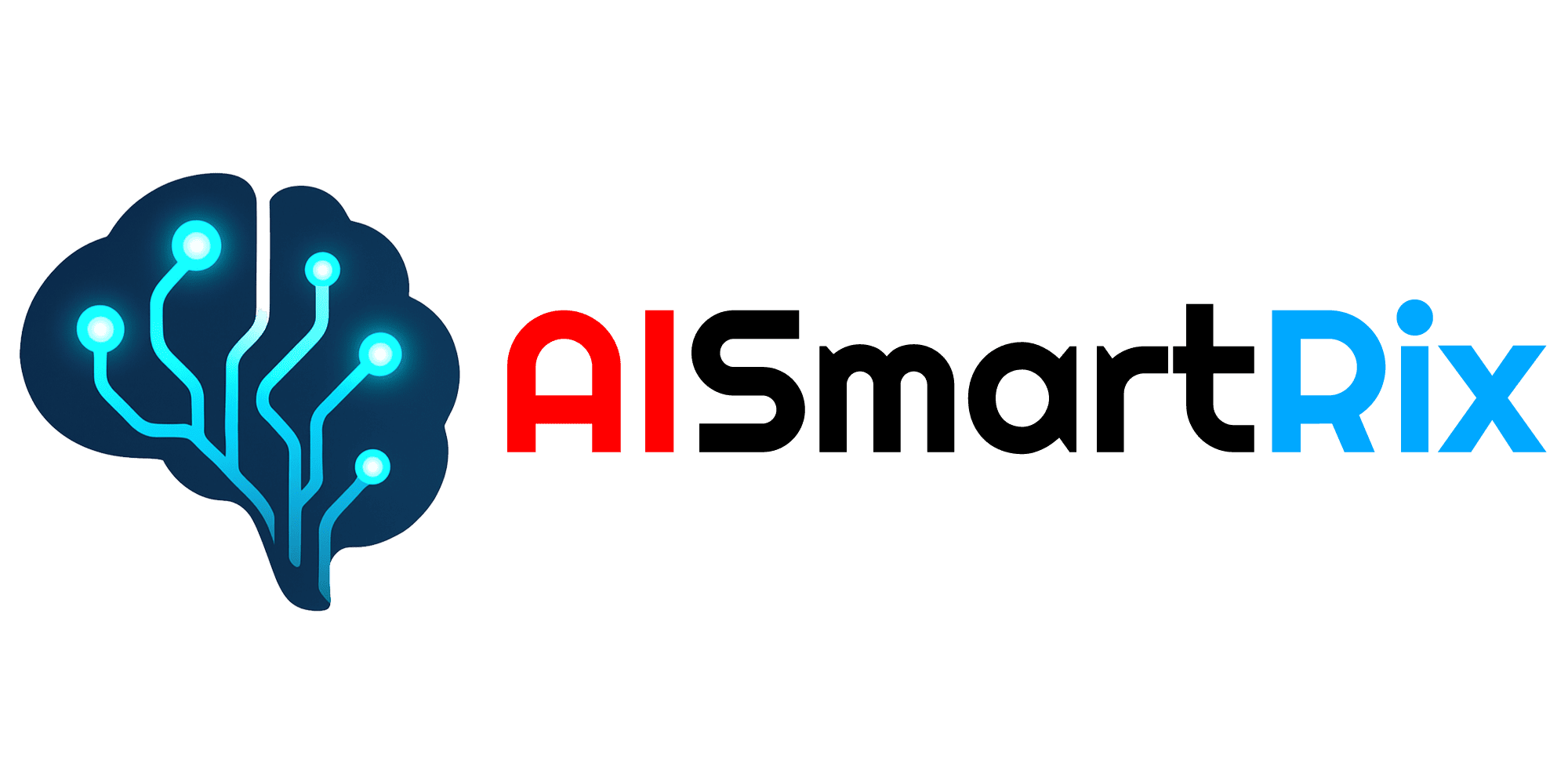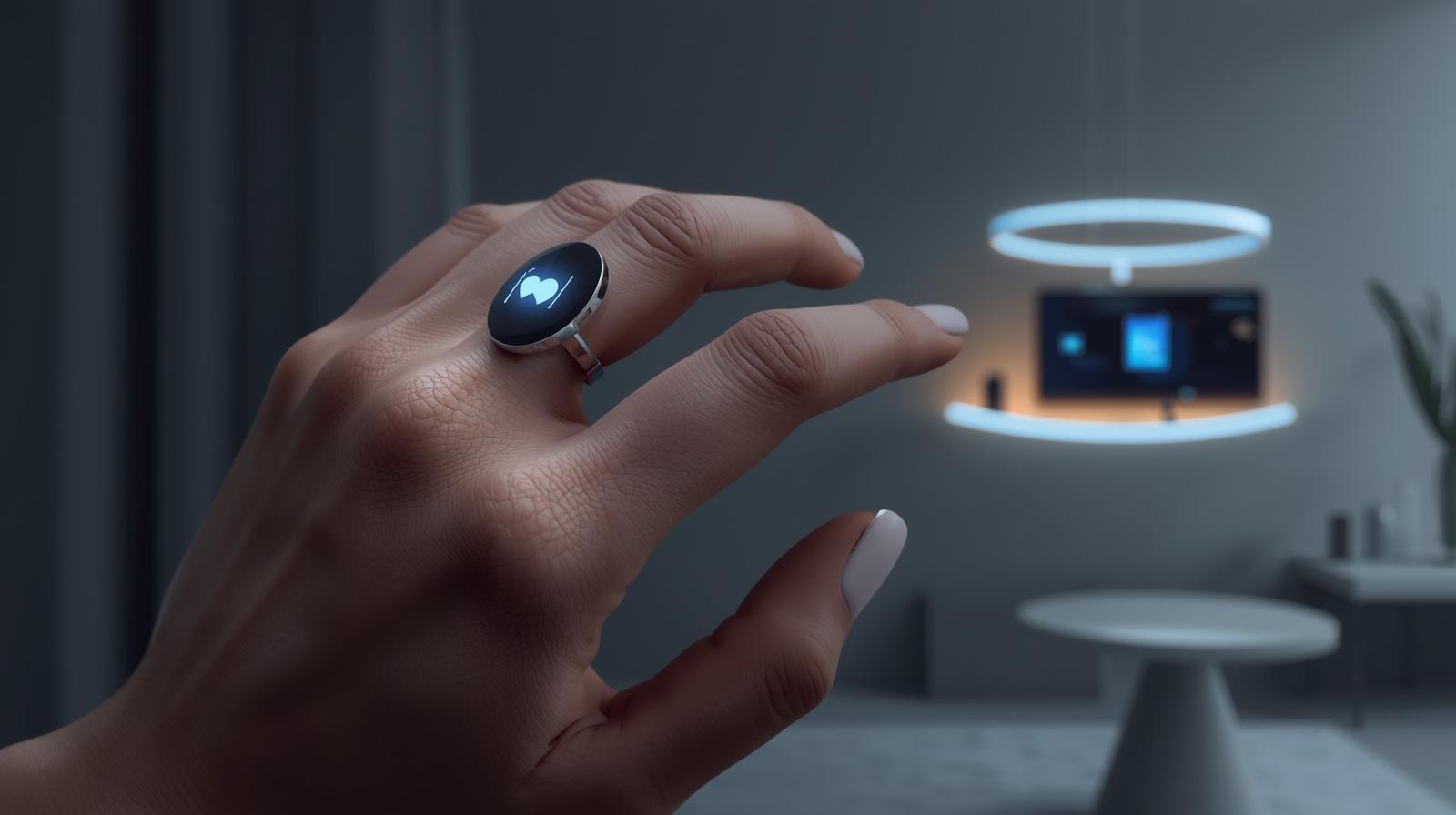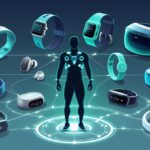Smart Rings Get Serious: Tiny AI for Sleep, Payments, and Health
Wearable technology has evolved from simple step trackers to smartwatches with AI capabilities, but the next frontier is tiny, intelligent devices that fit on your finger. Smart rings are no longer novelties—they are becoming powerful AI companions, capable of tracking sleep, managing payments, monitoring health, and enhancing daily productivity.
At IFA 2025 and CES 2025, multiple companies showcased next-generation smart rings that integrate AI processing, biometric sensors, and seamless connectivity. These compact devices demonstrate that size does not limit capability, marking a major shift in the wearable tech landscape.
What Makes Smart Rings Unique?
Unlike larger wearables, smart rings combine discreet form factor with robust functionality:
- Continuous Health Monitoring: Advanced sensors track heart rate, oxygen levels, sleep patterns, and stress metrics in real-time.
- AI-Powered Insights: On-device AI analyzes data trends and provides personalized recommendations for sleep, exercise, and wellness.
- Payment Integration: Contactless payment features allow rings to function as secure, biometric-enabled wallets.
- Seamless Connectivity: Rings connect to smartphones, smart home systems, and health apps, acting as personal AI assistants on your finger.
These features make smart rings more than wearable tech—they are miniature AI hubs that simplify and enhance everyday life.
AI in Sleep Tracking
Sleep is a crucial component of health, and smart rings excel at monitoring sleep stages:
- Advanced Sensors: Using infrared, accelerometer, and heart rate variability sensors, smart rings can detect REM cycles, light and deep sleep phases, and nocturnal disturbances.
- AI Analysis: Data is processed on-device or via companion apps to generate sleep quality scores, tips, and optimized schedules.
- Predictive Insights: AI can forecast sleep disturbances or recommend ideal bedtime routines, improving overall health and productivity.
By combining biometric data with AI learning, these rings provide insights that traditional trackers cannot match.
Health Monitoring on Your Finger
Smart rings are now miniaturized health hubs:
- Heart and Vascular Monitoring: Continuous tracking of heart rate, variability, and irregularities helps detect potential issues early.
- Oxygen Saturation (SpO2): Rings provide real-time blood oxygen monitoring, critical for athletes and health-conscious users.
- Activity & Stress Tracking: AI interprets movement and physiological signals to measure stress, physical activity, and recovery.
- Personalized Recommendations: AI provides diet, exercise, and lifestyle suggestions, tailored to the user’s habits and health metrics.
These features allow continuous, unobtrusive health tracking, empowering users to make informed wellness decisions.
Smart Rings as Payment Devices
AI-enabled smart rings simplify financial transactions:
- Biometric Authentication: Fingerprint or pulse recognition ensures secure payments without a card or phone.
- Contactless Transactions: Rings can pay at terminals, vending machines, or transit systems in seconds.
- AI Security: Machine learning models detect fraudulent behavior, adding a layer of protection.
This functionality turns smart rings into both lifestyle gadgets and financial tools, merging convenience with security.
Integration with Smart Homes and IoT
Smart rings also function as controllers for connected environments:
- IoT Connectivity: Rings can trigger smart lights, locks, or thermostats with simple gestures.
- Voice & AI Assistance: Some models integrate voice AI, allowing hands-free operation of smart devices.
- Context-Aware Automation: AI predicts user needs based on habits, e.g., adjusting home temperature when sleep is detected.
This finger-based AI control illustrates how smart rings are extending beyond personal health into home automation.
Real-World Use Cases
- Sleep Improvement: Users can receive daily sleep quality insights and AI-generated recommendations for optimal rest.
- Fitness Tracking: Rings monitor steps, calories, and heart health, providing feedback in real-time.
- Contactless Payments: Simplifies shopping, commuting, and secure transactions.
- Wellness Alerts: AI can notify users of stress spikes, abnormal heart rates, or low oxygen levels.
- Smart Home Management: Automates lighting, heating, and security systems based on user presence and activity patterns.
These use cases highlight how smart rings blend AI, health, and lifestyle management seamlessly.
Market Trends and Industry Impact
Smart rings are gaining traction rapidly:
- Consumer Adoption: Increasing demand for discreet, multifunctional wearables drives innovation.
- Corporate Wellness: Employers are integrating smart rings into health programs, promoting wellness and productivity.
- AI-Driven Personalization: Rings leverage machine learning to adapt to individual habits, enhancing user experience.
- Competitive Landscape: Startups and major tech companies are racing to deliver advanced AI rings, pushing boundaries of wearable innovation.
By 2026, smart rings could become as common as smartwatches, signaling a major evolution in wearable technology.
Challenges and Considerations
Despite their promise, smart rings face challenges:
- Battery Life: Miniaturization limits battery size; AI processing requires efficient power management.
- Data Privacy: Continuous biometric tracking necessitates strict security and privacy protocols.
- Accuracy: AI algorithms must interpret sensor data accurately to provide reliable insights.
- User Education: Consumers need guidance on how to leverage AI features effectively.
Addressing these issues will be critical for mainstream adoption of AI smart rings.
The Future of AI Smart Rings
Looking forward, smart rings will likely:
- Enhance Predictive Health: AI will predict potential health issues before symptoms appear.
- Integrate Seamlessly with Other AI Devices: Rings will work alongside phones, smart watches, and home assistants for a holistic ecosystem.
- Enable Contextual AI Assistance: Personalized AI guidance for sleep, activity, productivity, and lifestyle.
- Miniaturize Further: Future rings may include more sensors and enhanced AI processing without increasing size.
The AI revolution on your finger is set to redefine personal technology, health, and daily convenience.
As AI smart rings become mainstream, consider this: Could having a tiny AI on your finger revolutionize the way you manage health, payments, and daily life, and are you ready to embrace this hands-free, intelligent future?





